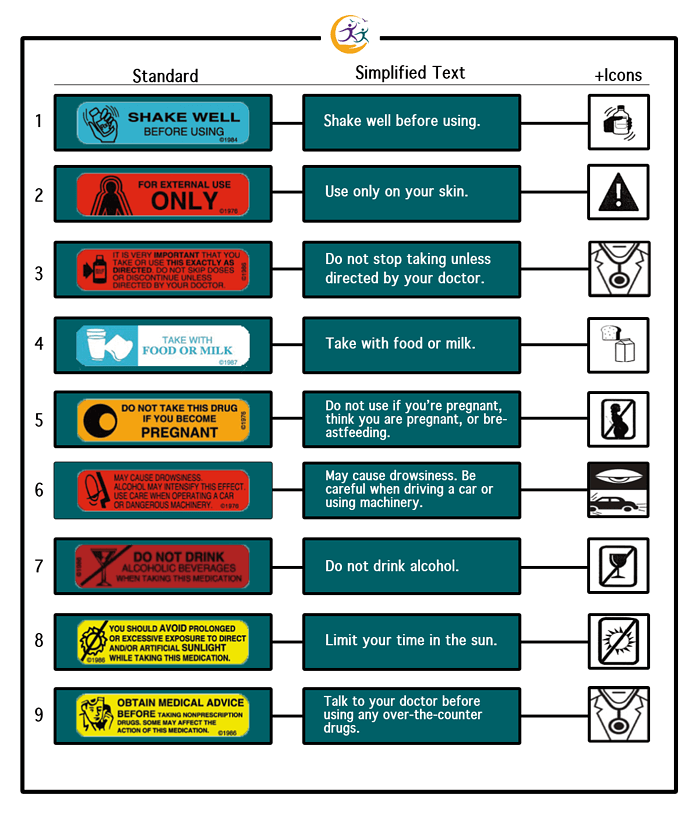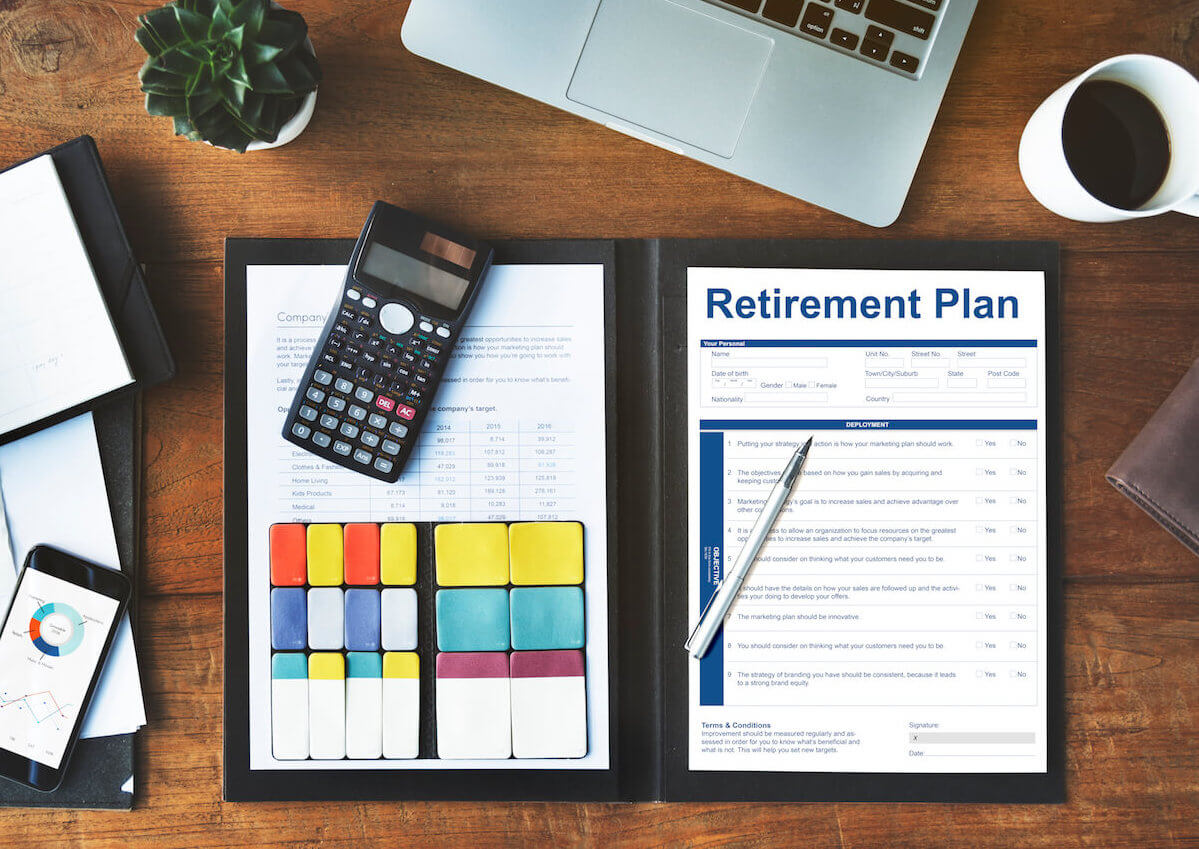6 Medication Safety Tips
Posted By HarborChase on May 8, 2020“A medication is a drug used to diagnose, cure, treat, or prevent disease (Wikipedia).” However, when misused, medications can have adverse health effects. As we age, health conditions and issues can arise, making it necessary for a person to take or require multiple medications. The more medications, the higher the risk of an error occurring.
34% of all prescription medication is taken by those 65 years and older, making medication safety a priority for the older demographic. HarborChase Senior Living puts safety at the forefront of our senior care communities, so we are sharing six tips to promote medication safety.
1. Always Read the Instructions
A crucial yet straightforward medication safety tip is to always take medicine as prescribed, and follow the instructions. Some medications require you to take them with food, while others require you to take them on an empty stomach.
Reading and following the instructions will ensure you are taking your drugs properly. If you or the senior in your life have questions or concerns about something on the label of a medication, speak with a pharmacist or healthcare provider.
In addition to reading the instructions, be sure to regularly check the expiration dates on any medications you or a loved one are taking.

2. Be Aware of Side Effects
“Side effects can be relatively minor, such as a headache or a dry mouth. They can also be life-threatening, such as severe bleeding or irreversible damage to the liver or kidneys (National Institute on Aging).”
Contact the doctor or healthcare provider who prescribed the medication should you or the senior in your life experience any side effects, symptoms, or new behaviors. If you believe a drug may be doing more harm than good, the doctor should be able to prescribe an alternate solution.
3. Keep a Medication List
Another simple medication safety tip is to keep an up-to-date list of all medications you or a loved one takes, including over-the-counter and supplements.
Your medication list should include the name of each medicine, the dosage you take, when you take it, and if applicable, any relevant notes i.e., needs to be taken with food, must be taken whole, etc. This list can be a lifesaver if you’re traveling and have a medical emergency; it allows for medical professionals to know more about your health conditions, and better assist and assess your health care needs.
4. Be Aware of Drug Interactions
As previously mentioned, the more medications a person takes, the higher the risk of an error occurring. Certain pills and medications interact with each other in a way that can cause adverse side effects or harm.
“Make sure your doctor knows about ALL the medicines you take. This includes those prescribed by other doctors, as well as vitamins, supplements, herbal remedies, and over-the-counter drugs you use every now and then (National Institute on Aging).”
5. Understand Storage Instructions
How you store your pills is a crucial part of medication safety. Not all prescriptions are equal, and some may require more delicate handling and storage than others.
While most tend to store their medications in their bathroom, this area may prove to be too warm for some prescriptions. “…The heat and moisture from your shower, bath, and sink may damage your medicine. Your medicines can become less potent, or they may go bad before the expiration date (MedlinePlus).”
6. Learn How to Discontinue a Drug’s Usage
If you no longer require medicine because the issue has been resolved, be sure to follow the instructions on how to withdraw from using the medication safely. Some medications may have adverse effects on your health if you stop taking them abruptly, especially if the medicine is used daily and for an extended period of time.
Your doctor or healthcare professional will likely work with you by gradually lowering your dosage until it is safe to stop taking a particular medication.
Medication safety is about being careful, being organized, and being open and honest with healthcare providers. If you found this blog informative, you can find more blogs regarding senior health and safety by visiting our HarborChase Senior Living blog.
Categories: Health Habits, Safety


